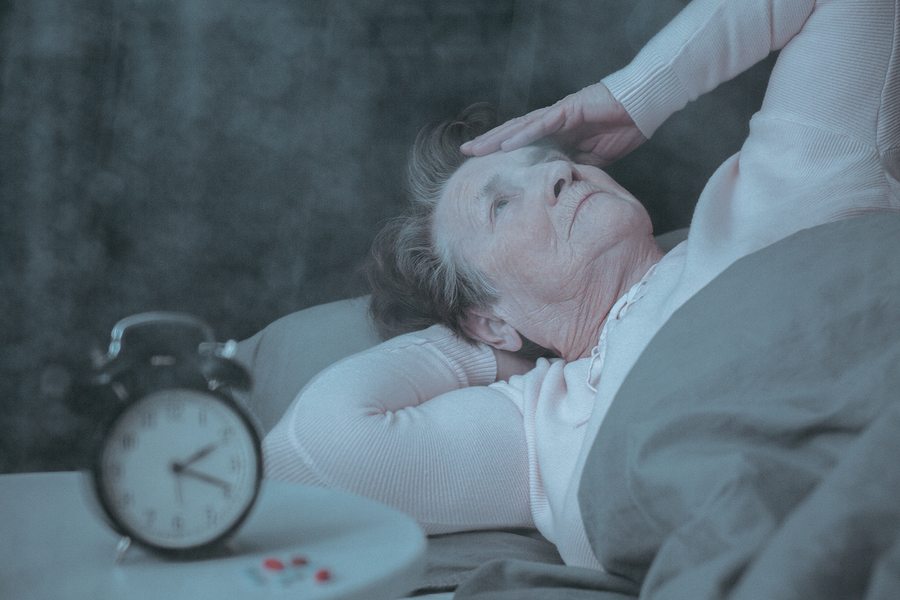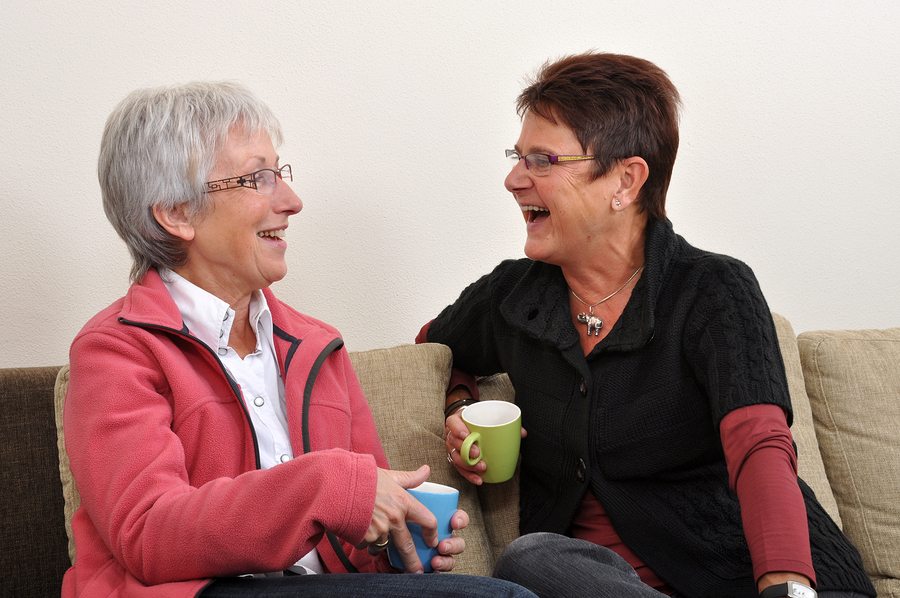If an older adult family member has experienced a stroke, you may have noticed changes in their personality and behavior. They may even seem like a different person. When you consider that a stroke damages the brain, it isn’t quite so surprising to think that emotions, behaviors, and personality may be affected.

Elder Care in Anchorage AK: Senior Life After A Stroke
Changes That May Occur
The changes that happen after a stroke vary depending on several factors, including which part of the brain was affected. Some changes you may notice are:
-Uncontrollable Emotions: Sometimes stroke survivors have unusually strong emotional responses that seem disproportionate to the situations. They may even cry or laugh and be unable to stop.
-Apathy: Some stroke survivors seem disinterested in things that are going on around them. They might just want to sit and do nothing. Sometimes people mistake this for depression, but it can just be a change caused by the stroke. The best way to deal with apathy is to get the senior involved in doing something.
-Neglect: You might notice that the person doesn’t pay attention to things that happen on one side of them. The American Stroke Association says that patients with paralyzed limbs may not recognize a paralyzed limb as being theirs. Or, they may ignore the food on one side of their plate.
-Impulsiveness: People who have had a stroke may act without thinking, which can result in poor decisions.
-Loss of Inhibitions: Sometimes a person who has had a stroke will seem to have lost their filter. They may say things or act in ways that are inappropriate.
-Anxiety or Depression: People who have experienced a stroke may also develop anxiety and/or depression because of the changes they are going through. If you notice your aging family member exhibiting signs of either of these conditions, seek help from a doctor.
Dealing with Changes
Personality and behavior changes can be frustrating, but they may not be permanent. Whether the change resolves itself will depend on what the change is and how the brain was affected. Many times, the change will lessen over time. There are therapies and interventions available for some changes, such as impulsiveness and loss of inhibitions. If the changes are distressing, talk to the senior’s medical team to learn about treatments and coping strategies.
Another way to cope with life after a stroke is by hiring an elderly care provider to assist the older adult during recovery. An elderly care provider can help by staying with the person when family caregivers cannot be there. Elderly care providers can keep stroke patients safe and assist them with the things they need during the day, such as help getting to the bathroom or preparing meals. An elderly care provider can even drive stroke survivors to their medical appointments and for therapy treatment.
If you or an aging loved-one are considering hiring elder care in Anchorage, AK, call us! The friendly staff at Shine Bright Care are here to answer your questions.
Call toll-free – (888) 264-5998
Sources:
Strokeassociation.org
Strokefoundation.org.au
Myclevelandclinic.org



